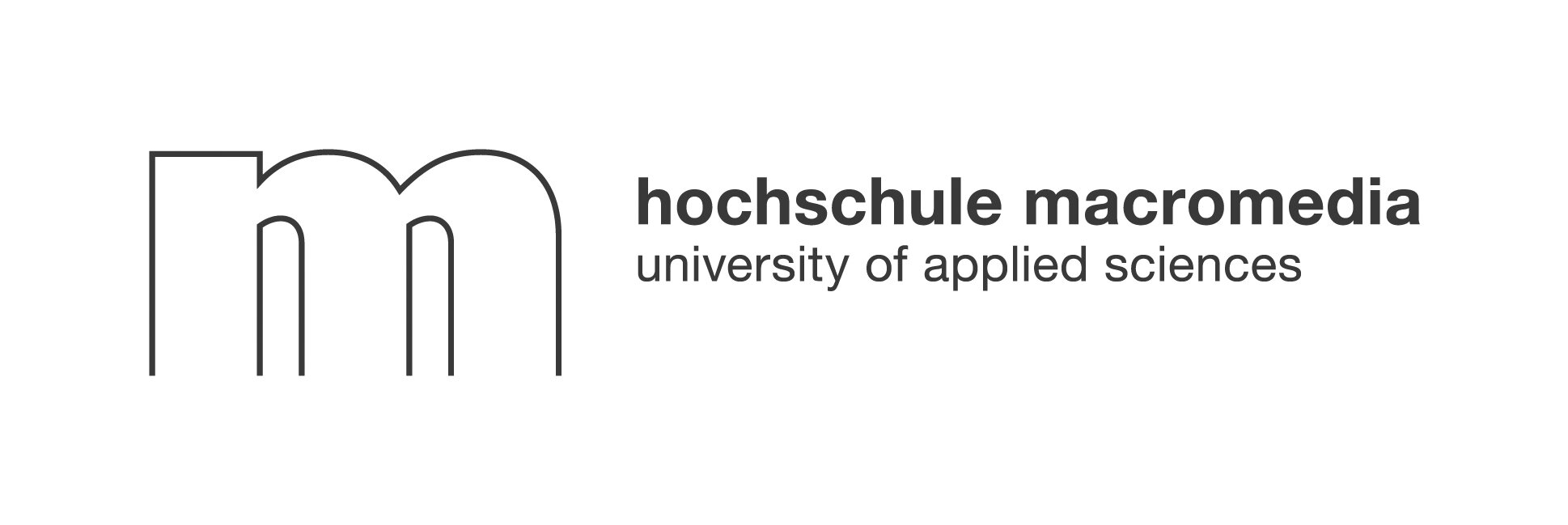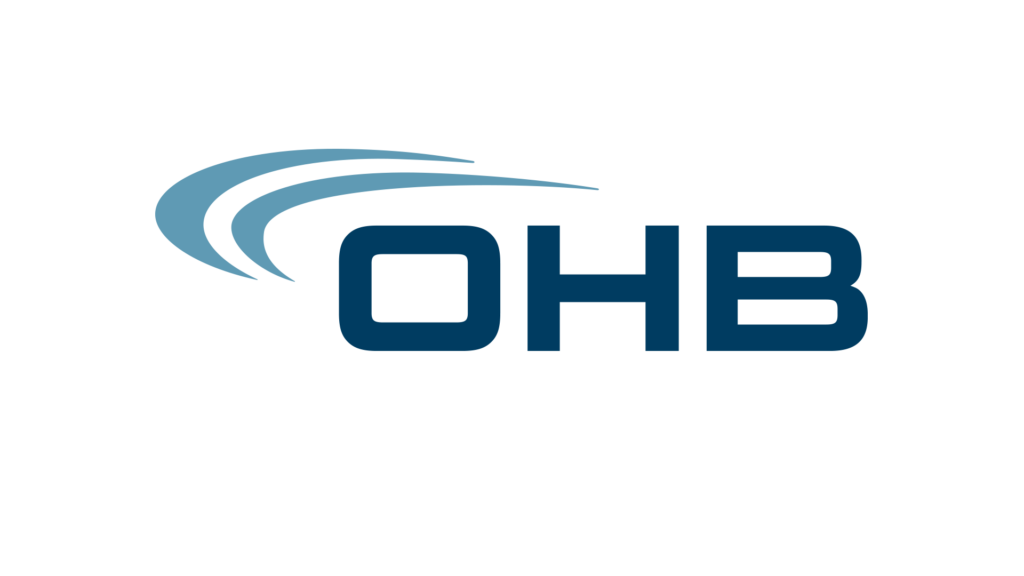Ever had one of those days where you stare at your screen so long you start seeing your reflection in the pixels? Or maybe you’ve sat through a meeting that felt like a live reading of the phone book? If so, you’re not alone—and you’re exactly the person who needs to discover The Power of Play: Why Fun and Wellness Should Be Part of Your Workday. Spoiler: it’s not just about ping-pong tables and forced “fun” Fridays. It’s about unlocking creativity, building real connections, and keeping burnout at bay. Let’s dive into why your inner child is the secret weapon your workplace is missing.
1. Why Adults Need Play as Much as Kids
Creativity, Innovation and Big Ideas
Remember when you were a kid and a cardboard box could be a spaceship, a submarine, or a secret lair? That same spark of imagination is still inside you, even if your current “spaceship” is just a spreadsheet. Play at work isn’t about being silly for the sake of it—it’s about giving your brain permission to think differently. Studies show playful environments lead to more creative solutions and “aha!” moments. When teams are encouraged to experiment and laugh together, they’re more likely to stumble onto the next big idea (or at least a way to make status reports less soul-crushing).
Stress Relief and Burnout Prevention
Let’s be honest: adulting is stressful. Bills, deadlines, and the existential dread of “what’s for lunch?” can wear anyone down. Play acts like a pressure valve, letting off steam before you explode into a pile of sticky notes. According to the American Psychological Association, playful breaks reduce stress and lower burnout rates. Even a quick game or a burst of laughter can reset your mental state, so you return to your tasks less like a zombie and more like a human.
Stronger Teams and Social Bonds
Ever notice how the best teams seem to genuinely like each other? That’s not luck—it’s chemistry, and play is the secret ingredient. Team games and shared jokes break down barriers faster than a trust fall (and with fewer trips to the nurse). When people play together, they build trust, empathy, and a sense of belonging. Suddenly, cross-department projects aren’t a chore—they’re an adventure.
Physical Health Meets Mental Well-being
Play isn’t just good for your brain; it’s a full-body upgrade. Whether it’s an office scavenger hunt or a lunchtime dance-off, physical play gets people moving and hearts pumping. Regular playful activity can boost cardiovascular health, improve mood, and even help with focus. It’s like sneaking vegetables into a brownie—good for you, but way more fun.
2. Brain Science Behind Fun at Work

Dopamine, Oxytocin and the Happy Brain Loop
What happens in your brain when you laugh at a coworker’s pun or win the office trivia challenge? Magic, basically. Play releases dopamine (the “feel-good” chemical) and oxytocin (the “bonding” hormone). This happy cocktail boosts motivation and makes you want to repeat positive behaviors—like collaborating, sharing ideas, or just showing up on time.
“Employees engaging in playful activities experience a sense of freedom that allows fresh thinking, stronger connections with colleagues, and increased motivation.”
— Marieta Kruger, Wellness Manager, Medihelp Medical Scheme
Play, Neuroplasticity and Faster Problem Solving
Your brain loves novelty, and play delivers it in spades. Engaging in playful activities literally rewires your neural pathways, sharpening your ability to solve problems and adapt to new challenges. Think of play as a workout for your brain, minus the gym membership and questionable smoothies.
How Laughter Primes the Mind for Flow
Ever notice how everything seems easier after a good laugh? Laughter relaxes the mind, lowers stress hormones, and primes you for “flow”—that magical state where work feels effortless. So, the next time someone cracks a joke in a meeting, remember: they’re not just being funny, they’re boosting the team’s productivity (even if the joke is about spreadsheets).
3. The Power of Play: Why Fun and Wellness Should Be Part of Your Workday
Connecting Wellness Goals to Everyday Tasks
Here’s a wild idea: what if wellness wasn’t a separate checklist, but baked right into your daily routine? That’s the real genius behind The Power of Play: Why Fun and Wellness Should Be Part of Your Workday. When play and wellness become part of the workflow, employees don’t just survive—they thrive. Linking playful moments to work goals (like stretching during stand-ups or celebrating small wins with a team game) makes wellness feel effortless.
Turning Routine Breaks into Micro-Adventures
Who said breaks have to be boring? Instead of scrolling through emails or doomscrolling social media, why not turn your next break into a micro-adventure? Try a quick puzzle, a walk-and-talk meeting, or a two-minute dance party. These playful pauses recharge your energy and make the workday feel less like a slog and more like a series of mini-victories.
4. Low-Cost Ideas to Add Play Without Killing Productivity
Gamified Challenges on a Shoestring Budget
You don’t need a Silicon Valley budget to bring play into the office. Start a step-count challenge, host a trivia lunch, or create a leaderboard for random acts of kindness. A little friendly competition goes a long way in boosting morale and motivation.
- Step-count competitions with simple smartphone apps
- Weekly brain teasers or riddle boards
- Office-wide scavenger hunts with tiny prizes
Playful Meetings That Still Hit the Agenda
Meetings don’t have to be mind-numbing. Inject a little play by starting with a quick icebreaker, role-playing a customer scenario, or voting on ideas with funny props. The trick is to keep it short, relevant, and voluntary—forced fun is about as enjoyable as a root canal.
- Improv warm-ups to spark creativity
- “Two Truths and a Lie” for team intros
- Themed dress days for brainstorming sessions
Flexible Break Zones and Digital Fun Corners
Not everyone loves the same kind of play, and that’s okay. Set up a “fun corner” in the office with puzzles, board games, or even a doodle wall. For remote teams, create digital spaces for sharing memes, playing virtual games, or hosting online coffee breaks.
- Puzzle stations in break rooms
- Virtual escape rooms or online quizzes
- Digital suggestion boxes for new play ideas
5. Case Studies: Companies Winning With Workplace Play
Google & LEGO: Innovation Through Playful Spaces
Google and LEGO didn’t become household names by accident. Both companies have made play a core part of their culture. Google’s offices are legendary for their game zones and nap pods, while LEGO encourages employees to, well, play with LEGO bricks. The result? A steady stream of innovation and a workforce that’s actually excited to come to work.
Regional Success Stories on Tiny Budgets
You don’t need deep pockets to make play work. Take King Price Insurance, which transformed its culture with unconventional office layouts and regular fun zones. Or Medihelp Medical Scheme, where simple challenges and creative break areas keep teams energized and engaged.
“We believe that a healthy work-life balance includes moments of play, which is why we incorporate engaging activities into our workplace culture. Our initiatives are designed to foster teamwork, promote wellness, and create an environment where employees feel motivated and valued.”
— Marieta Kruger, Wellness Manager, Medihelp Medical Scheme
Remote-First Teams Using Virtual Playgrounds
Remote teams aren’t left out of the fun. Many are using digital platforms to host virtual game nights, trivia sessions, and even scavenger hunts. These activities keep distributed teams connected and engaged, proving that play knows no boundaries.
6. Measuring the ROI of a Playful Culture
Engagement, Absenteeism and Retention Metrics
If you’re thinking, “This all sounds great, but will it actually help my bottom line?”—you’re in good company. The answer is yes. Companies that prioritize fun and wellness see higher engagement scores, lower absenteeism, and better retention. According to Gallup, employees who use their strengths every day are six times more likely to be engaged at work. That’s a lot of extra smiles per dollar.
Simple Tools to Track Mood and Motivation
You don’t need a PhD in data science to measure the impact of play. Try pulse surveys, mood-tracking apps, or even a simple “smile-o-meter” in the break room. The goal is to track how people feel before and after introducing playful initiatives.
Linking Play Initiatives to Hard Numbers
It’s not just about feelings—play pays off in real numbers. Track productivity, project completion rates, and customer satisfaction before and after introducing playful elements. If employees are more motivated, creative, and collaborative, the investment in play more than pays for itself.
7. Getting Started: A Step-by-Step Plan for Leaders and Teams

Ready to unleash The Power of Play: Why Fun and Wellness Should Be Part of Your Workday? Here’s your foolproof, fun-first action plan:
- Audit Your Current Culture and Pain Points
Start by asking your team what’s working and what feels like a Monday morning forever. Use surveys, suggestion boxes, or just plain old conversations. - Pick Quick Wins and Pilot Projects
Don’t try to turn the office into a theme park overnight. Test out a few playful ideas—like a weekly game session or creative break area—and see what sticks. - Embed Play into Policy, Onboarding and Rituals
Make play part of the DNA. Add playful moments to onboarding, celebrate milestones with fun activities, and encourage leaders to model playful behavior.
Bullet List: Playful Perks That Actually Work
- Boosted creativity and innovation (goodbye, boring brainstorms)
- Lower stress and burnout (hello, happy Mondays)
- Stronger team bonds and better communication
- Improved physical and mental health
- Higher engagement, retention, and productivity
Ordered List: How to Start Small and Win Big
- Survey your team for play preferences (no, “mandatory karaoke” is not a preference)
- Set up a play-friendly space or digital channel
- Launch a simple challenge—step counts, trivia, or meme of the week
- Celebrate wins, learn from flops, and keep experimenting
- Embed play into your culture for the long haul
Bullet List: Play Pitfalls to Avoid
- Forcing participation (it’s play, not jury duty)
- Ignoring individual preferences (not everyone loves charades)
- Letting play overshadow actual work (balance is key)
Closing Thoughts: The Power of Play Is in Your Hands
In the end, The Power of Play: Why Fun and Wellness Should Be Part of Your Workday isn’t just a trendy HR slogan—it’s the secret sauce for happier, healthier, and more productive teams. Whether you’re leading a global powerhouse or a scrappy startup, making space for fun and wellness is a game-changer.
Looking for a way to effortlessly discover authentic connections and tailor play to your team’s unique interests? Neroia is the platform designed to make workplace play and wellness not just possible, but effortless. By integrating seamlessly into your workflow and prioritizing privacy, Neroia helps organizations cultivate a vibrant, connected community—no forced fun required.
So go ahead: schedule that game night, set up a playful break zone, or just share a laugh. You’ll be amazed at what happens when you let play back into your workday. And if you want to see how easy it can be, give Neroia a try—because the best workplaces are the ones where fun and wellness are always on the agenda.










